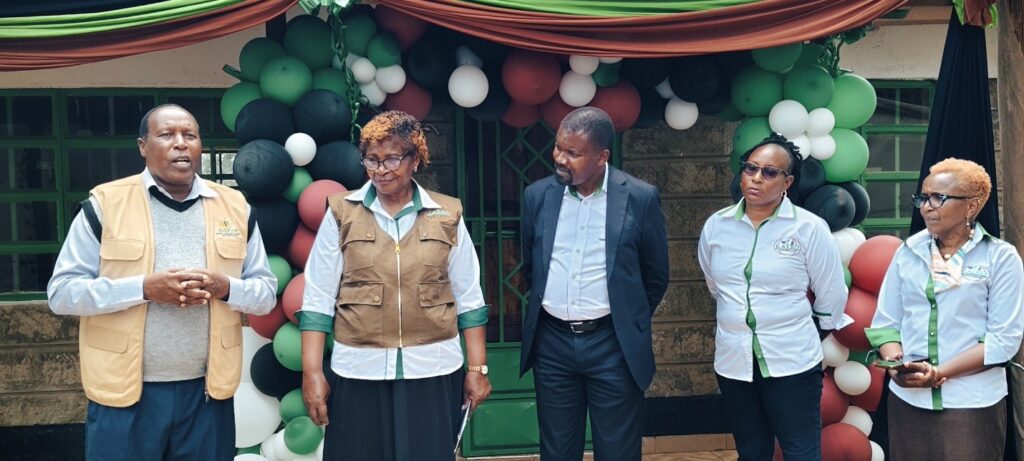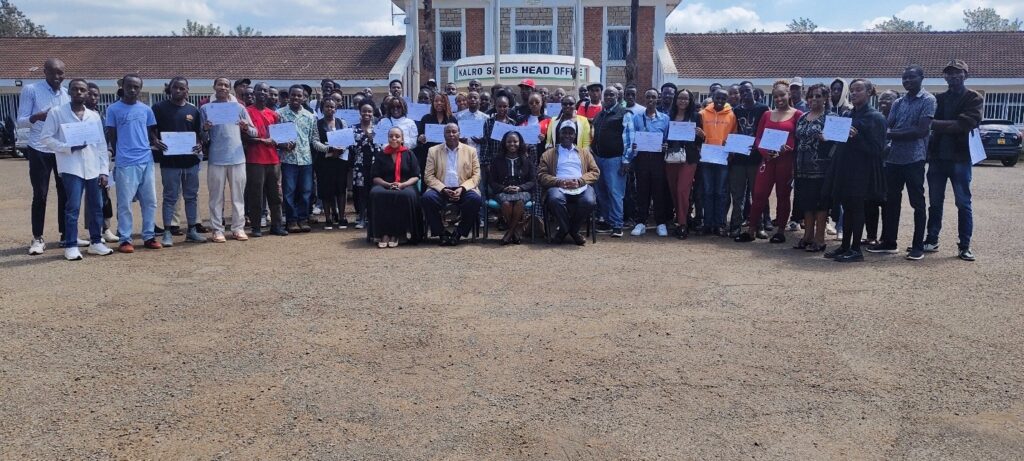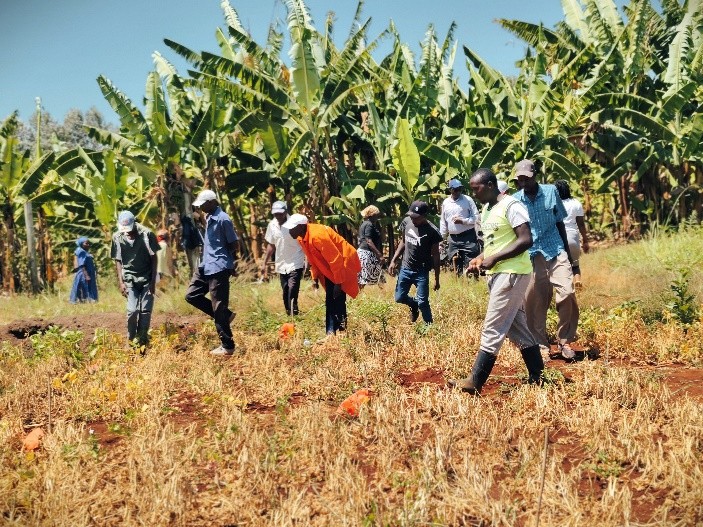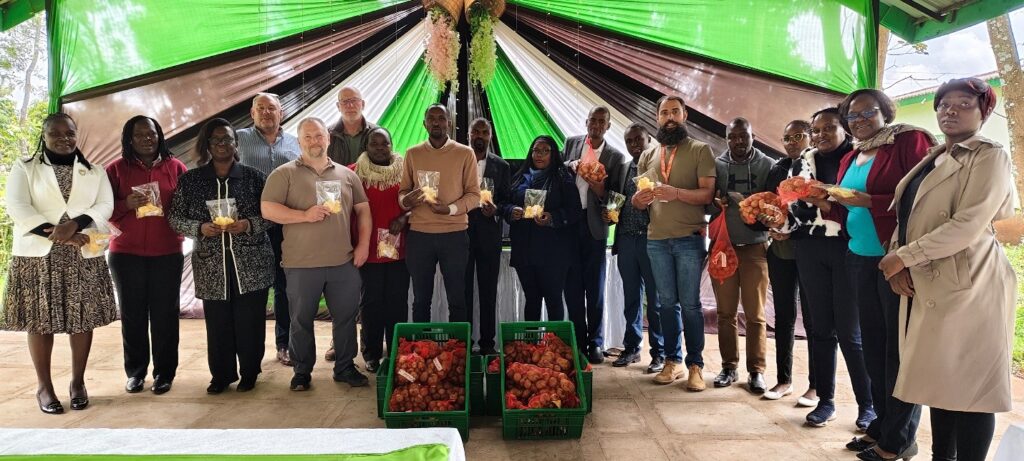Socio-economics
Overview of the Department
The Socio-Economic and Policy Development Department (SEPD) is a cross-cutting unit within KALRO, playing a vital role in supporting the Crops, Livestock, and Natural Resource Management departments. By integrating socio-economic research and policy analysis across these diverse sectors, the department ensures that agricultural innovations and practices align with the broader socio-economic and environmental goals of the country. Its work fosters an inclusive and sustainable approach to agricultural development, addressing critical challenges such as food security, climate resilience, and equitable resource distribution. Through collaboration with stakeholders, the department contributes to the effective implementation of research outcomes that enhance productivity, improve livelihoods, and promote the overall well-being of farming communities in Kenya. The department comprises three key sections: Socio-Economic and Policy Development, Research Methods and Analytics, and Gender and Social Inclusion.
The Socio-Economic and Policy Development section is dedicated to advancing agricultural research that is in line with Kenya’s socio-economic needs and policy frameworks. Through evidence-based research, the unit analyzes both ex-ante and ex-post socio-economic impacts of agricultural technologies, policies, market trends, and adoption processes. It plays a key role in shaping policies that enhance agricultural productivity, sustainability, and food security, while addressing critical challenges such as poverty, climate change, and resource management. By providing policy recommendations, facilitating knowledge exchange, and collaborating with stakeholders, the unit supports the development of inclusive, data-driven policies that drive economic growth and improve the livelihoods of farmers across Kenya.
The Research Methods and Analytics section ensures that KALRO’s research is rooted in robust methodologies. By utilizing both qualitative and quantitative research techniques, the unit supports scientists in ensuring accurate data collection and analysis. It employs advanced data analytics, including modern software and statistical tools, to analyze trends, forecast agricultural outcomes, and provide actionable insights for decision-makers. This unit’s methodological rigor ensures that research findings are scientifically sound and relevant, enabling KALRO to deliver high-impact research that informs agricultural policies and programs across Kenya.
The Gender and Social Inclusion section is committed to promoting gender equality and social inclusion within agricultural research and policy. By integrating gender-sensitive approaches, the unit ensures that women, youth, and marginalized groups have equal access to resources, technologies, and decision-making processes. This approach enhances their active participation in the agricultural sector, addressing disparities in agricultural development and empowering all community members to contribute to food security, poverty reduction, and economic growth. Through this inclusive approach, the unit works to create equitable opportunities for all stakeholders in the agricultural value chain.




